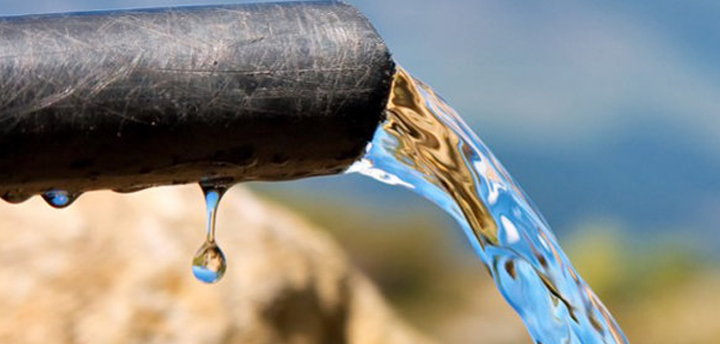European Investment Bank (EIB) Vice-President Ambroise Fayolle and Minister of Finance Richard Randriamandrato have signed a US $39.3 loan to the Republic of Madagascar at a ceremony attended by President Andry Rajoelina. This financing will go towards the JIRAMA Water III project, and comes in addition to a US $33.7m EU grant from the Africa Investment Platform (AIP).
Implemented by fully state-owned water and electricity company Jiro sy Rano Malagasy (JIRAMA), the project involves making priority investments for the drinking water supply system of the Urban Municipality of Antananarivo. These investments involve both production capacity and the transport and distribution of drinking water in the capital city and on its outskirts.
Financing JIRAMA Water III project
The total investment amount is US $83m, 47% of which will be provided by the EIB. The project would not have been possible without the steadfast support of the European Commission, which will provide US $33.7m, including a US $30.2m grant and US $3.4m for technical assistance. The remainder of the financing will come from the Republic of Madagascar (US $7.3) and the Water & Sanitation for the Urban Poor (WSUP) not-for-profit organisation, which has been actively working with JIRAMA to improve its water services for the last 10 years, offered vital support for preparing the project and also provided a US $2.8m grant.
This project is in line with EU objectives for the country. It is therefore specifically mentioned in the EU’s National Indicative Programme (NIP) for Madagascar for the 2014-2020 period (11th EDF), and features a high impact on public health, environment, gender equality, and inequality reduction. This means that it contributes to five Sustainable Development Goals (SDGs): “Clean water and sanitation”, “No poverty”, “Good health and well-being”, “Gender equality” and “Sustainable cities and communities”. It also complies with the EIB’s lending guidelines for the water sector and is eligible for Sustainability Awareness Bonds by virtue of its contribution to improving access to drinking water.
The project will have a beneficial effect on gender equality by reducing the drudgery of collecting water and the time lost on this onerous task which is usually the responsibility of the women and girls of a household. It will indirectly promote the education of young girls and provide women with more time to devote to other tasks, particularly income-generating activities.

Leave a Reply